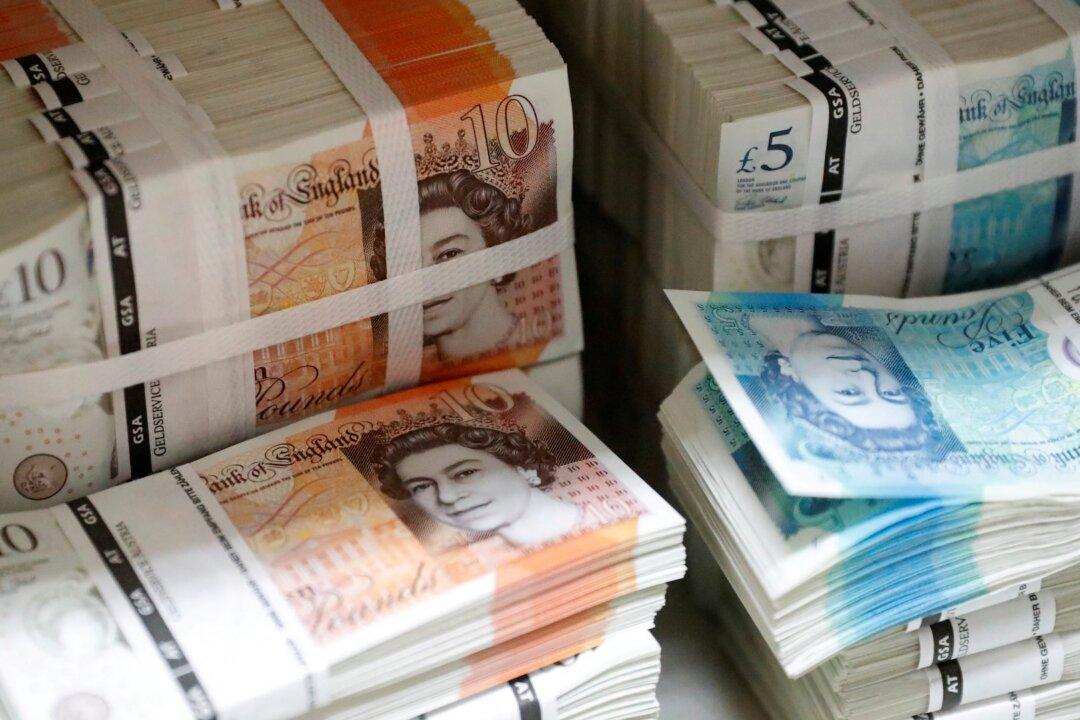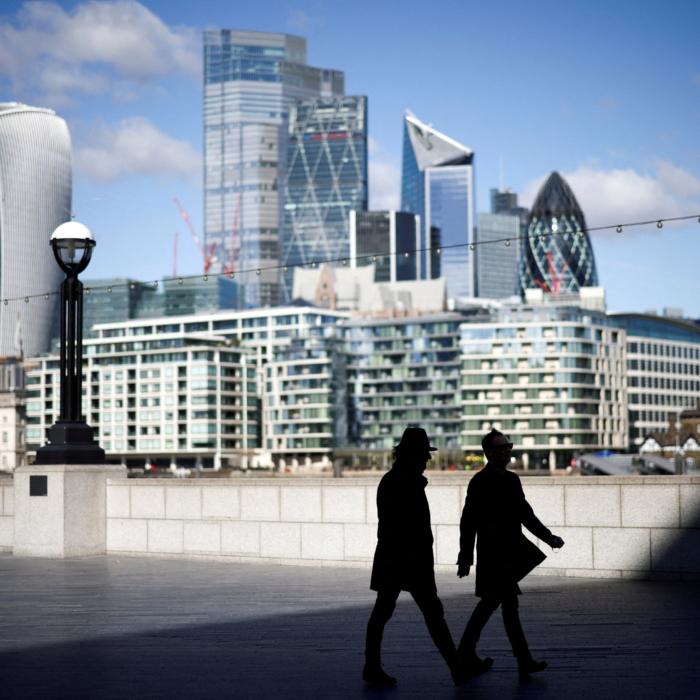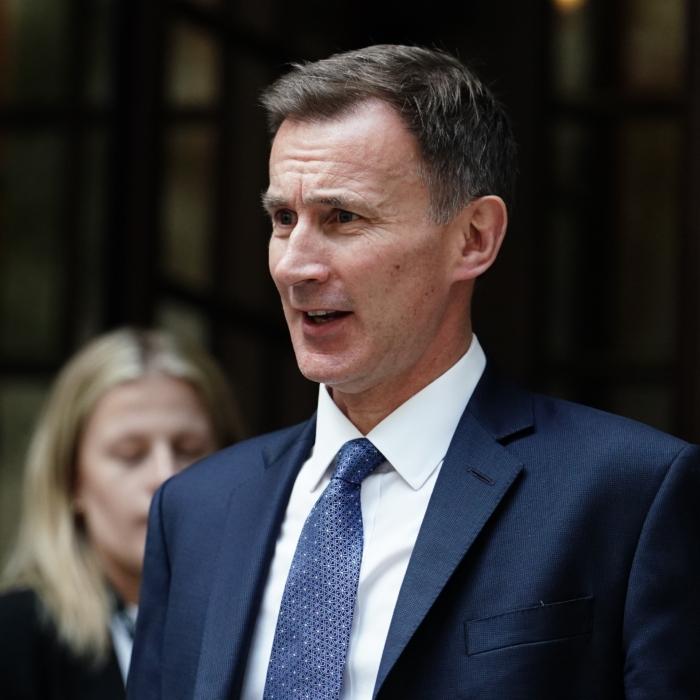The UK’s economy has emerged from a shallow recession in the first quarter, with the fastest growth in around two years, delivering a pre-election boost for Prime Minister Rishi Sunak.
GDP increased by 0.6 percent between January and March, according to estimates by the Office for National Statistics (ONS) published on Friday.
The growth followed two consecutive quarters of decline, which is the definition of a technical recession.
It’s the fastest growth since the fourth quarter of 2021, when GDP rose by 1.5 percent.
Mr. Sunak and Chancellor Jeremy Hunt have hailed the positive turn, but Labour said it’s “no time for Conservative ministers to be doing a victory lap.”
Reacting to the news, the prime minister said it proves that the economy has turned a corner.
Mr. Hunt also made an upbeat claim, saying the figures proved the economy is “returning to full health” following the COVID-19 pandemic and the ensuing energy shock.
However, Labour’s shadow chancellor Rachel Reeves, who’s hoping to succeed the chancellor in the next election, said: “This is no time for Conservative ministers to be doing a victory lap and telling the British people that they have never had it so good.
“The economy is still £300 smaller per person than when Rishi Sunak became prime minister,” she said in a statement.
According to ONS estimates, GDP growth in the first quarter was driven by the services and production sectors, which grew by 0.7 percent and 0.8 percent respectively.
On a monthly basis, GDP in March grew by 0.4 percent, also boosted by the service industry.
There was notable growth for the human health and social services sector, administrative and support services, as well as for wholesale and retail firms.
Construction output, however, fell during the month, but its 0.4 percent drop represented a significant reduction in decline after a 2 percent fall in February.
GDP per head rose for the first time in two years in the first quarter, up 0.4 percent, but it was still 0.7 percent lower than a year earlier, highlighting the ongoing squeeze on living standards and Britain’s struggle to boost productivity.
Compared to other countries, first-quarter economic growth in the UK was faster than the 0.3 percent in the euro zone and the 0.4 percent quarterly growth in the United States.
However, Britain has still had one of the slowest recoveries among G7 countries.
At the end of the first quarter of 2024, the country’s economy was just 1.7 percent bigger than its level in late 2019, with only Germany in the G7 faring worse.
The Bank of England (BoE), which held interest rates at a 16-year high on Thursday, had forecast quarterly growth of 0.4 percent for the first quarter and a smaller 0.2 percent rise for the second quarter, and a weak expansion of just 0.5 percent for 2024 as a whole.
Officials on the BoE’s Monetary Policy Committee (MPC) signalled the central bank could shift to cutting rates as early as June, but some economists suggested on Friday that stronger GDP growth could delay the bank’s efforts and stoke inflation.
“This is likely to be a surprise to the MPC and may result in upward revisions to inflation at the next Monetary Policy Report,” economists at Japanese bank Nomura said.
Sterling strengthened against the U.S. dollar after Friday’s ONS figures were released.







